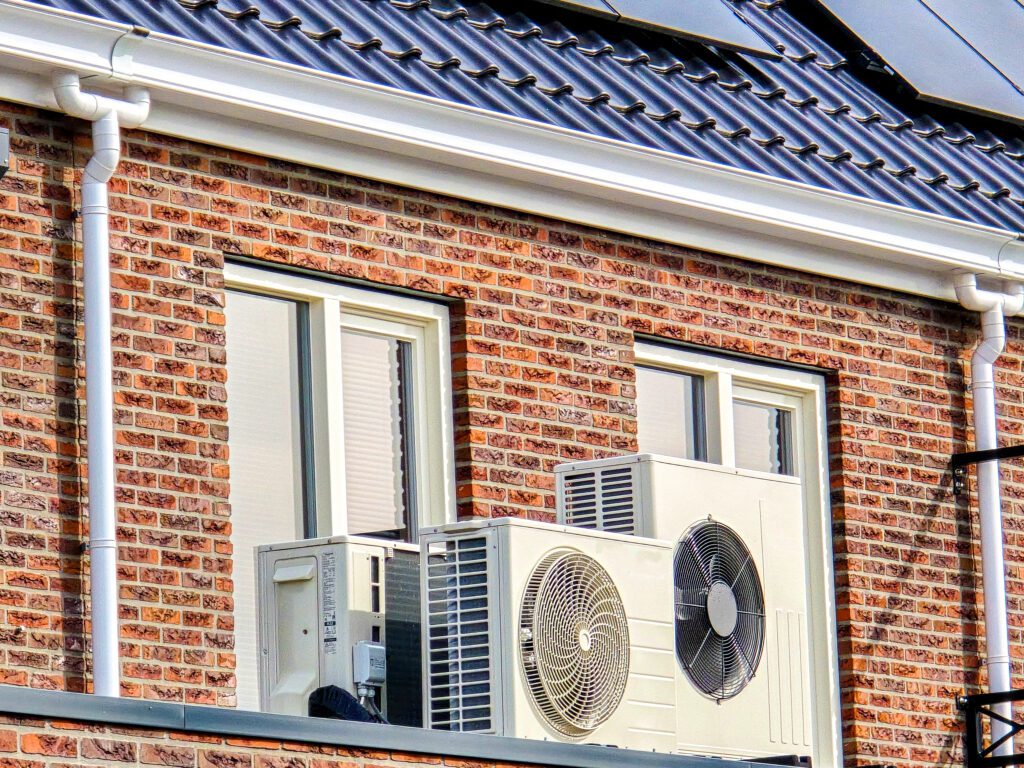Maintaining a quiet and peaceful living environment is essential for your overall well-being and comfort. However, the constant humming, buzzing, and clanking noises coming from your HVAC system can be quite bothersome and affect your quality of life. In this article, we will explore effective HVAC noise reduction tips that can help you create a serene living space.
Understanding the Basics of HVAC Noise
HVAC systems play a crucial role in maintaining indoor comfort by providing heating, ventilation, and air conditioning. However, these systems can generate various types of noise, ranging from gentle whirring sounds to loud vibrations. To effectively reduce HVAC noise, it’s essential to understand its sources and impact.
When it comes to HVAC noise, it’s not just about the decibels; the type of sound can also provide valuable clues about potential issues within the system. For example, a high-pitched squeal may indicate a problem with the fan belt, while a grinding noise could signal issues with the motor bearings. By paying attention to these nuances, you can address underlying problems before they escalate.
Identifying Common HVAC Noises
Listening carefully to your HVAC system can help you identify common noises, such as rattling ductwork, buzzing compressors, or squeaking fan motors. By recognizing these problematic sounds, you can take targeted measures to address them.
In addition to the more obvious noises, HVAC systems can also produce subtler sounds that may indicate inefficiencies or impending malfunctions. These can include gurgling noises from the condensate drain, hissing sounds from air leaks, or clicking sounds from electrical issues. Being attuned to these auditory cues can help you nip potential problems in the bud and ensure your system operates smoothly.
The Impact of HVAC Noise on Comfort and Efficiency
HVAC noise not only affects your peace of mind but also has an impact on comfort and efficiency. Excessive noise can disturb your sleep, cause stress, and hinder relaxation. Moreover, noise can be an indicator of underlying issues that may decrease the efficiency of your HVAC system.
Furthermore, the presence of persistent HVAC noise can lead to decreased productivity in work environments, as it can be a constant source of distraction and irritation. Addressing these noise issues promptly not only improves the comfort of occupants but also enhances the overall efficiency and longevity of the HVAC system.
Key Components Contributing to HVAC Noise
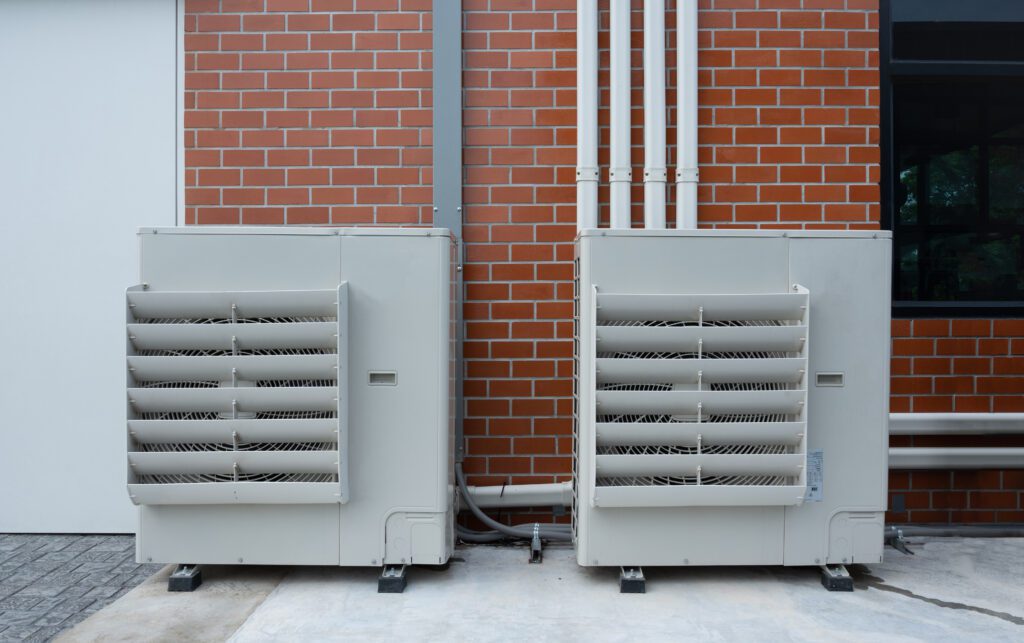
Understanding the key components of your HVAC system that contribute to noise production can help you pinpoint the problem areas. By addressing these components, you can make significant strides towards reducing noise levels.
One often overlooked component that can contribute to HVAC noise is the ductwork. Poorly designed or improperly installed ducts can lead to air turbulence, causing whistling or rumbling noises as air passes through. Ensuring that your ductwork is properly sized, sealed, and insulated can help minimize these noises and improve overall system efficiency.
The Role of the Compressor
The compressor is a vital component of your HVAC system that pressurizes the refrigerant and circulates it through the system. However, it can be a significant source of noise due to vibrations and mechanical operation. Proper maintenance and insulation around the compressor can minimize its noise production.
Another factor to consider when addressing HVAC noise is the type of refrigerant used in your system. Older systems that use outdated refrigerants may produce more noise during operation. Upgrading to newer, more efficient refrigerants can not only reduce noise levels but also improve the overall performance and environmental impact of your HVAC system.
Fan Motors and Noise Production
Fan motors are responsible for circulating air throughout your home or office. These motors can create noise due to issues like unbalanced blades, loose components, or lack of lubrication. Regular maintenance and routine checks can help ensure smooth motor operation and reduce noise levels.
Additionally, the location of your HVAC system can play a significant role in noise levels. Placing the outdoor unit too close to windows, doors, or living spaces can result in increased noise indoors. Proper placement, along with sound barriers or landscaping features, can help mitigate noise transmission and create a more comfortable indoor environment.
Practical Noise Reduction Techniques
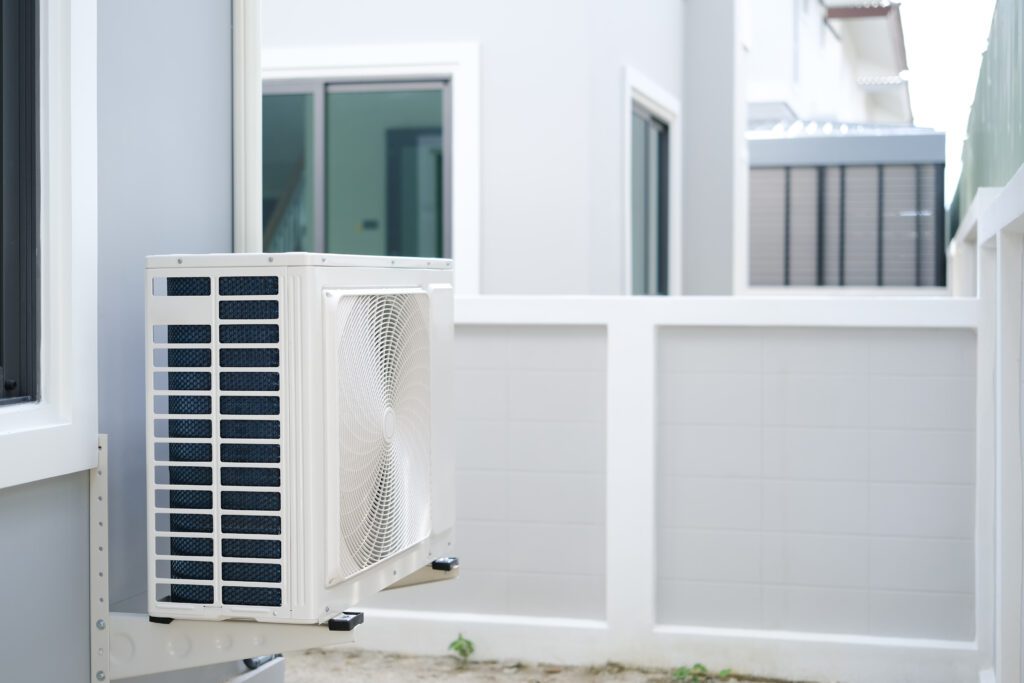
Now that we’ve discussed the basics and identified the key components contributing to HVAC noise let’s explore some practical techniques that can significantly reduce noise levels in your HVAC system.
When it comes to noise reduction in HVAC systems, there are several additional strategies that can be employed beyond regular maintenance and proper insulation. One effective technique is the installation of vibration isolators. These devices help to minimize vibrations that can lead to noise generation, particularly in large HVAC units. By isolating the equipment from the building structure, vibrations are dampened, resulting in a quieter operation.
Regular Maintenance and Noise Reduction
Regular maintenance is crucial for optimal HVAC performance and noise reduction. Schedule professional maintenance services at least once a year to clean filters, check fan blades, inspect ductwork, and identify any potential noise sources. This proactive approach can prevent small noise issues from evolving into larger and more disruptive problems.
Another important aspect to consider is the placement of the HVAC system. Strategic placement can help minimize noise impact on occupied spaces. By situating the unit away from bedrooms, living areas, or other noise-sensitive areas, the overall sound level experienced by occupants can be significantly reduced. Additionally, ensuring that the system is installed on a stable, level surface can help prevent excess vibrations and noise.
The Importance of Proper Insulation
Proper insulation plays a vital role in minimizing HVAC noise. By installing quality insulation materials, you can dampen sound transmission through walls, ducts, and other areas where noise may travel. Acoustic insulation blankets can also be used to cover noisy components, such as compressors and air handlers, reducing their noise output.
Furthermore, the design of the HVAC system itself can impact noise levels. Opting for equipment with sound-reducing features, such as variable speed motors or advanced compressor technology, can contribute to a quieter overall operation. Additionally, the layout of ductwork and airflow paths should be carefully planned to minimize turbulence and reduce noise generation. By considering these factors in the initial design phase, you can proactively address noise concerns before they become significant issues.
Advanced Noise Reduction Solutions
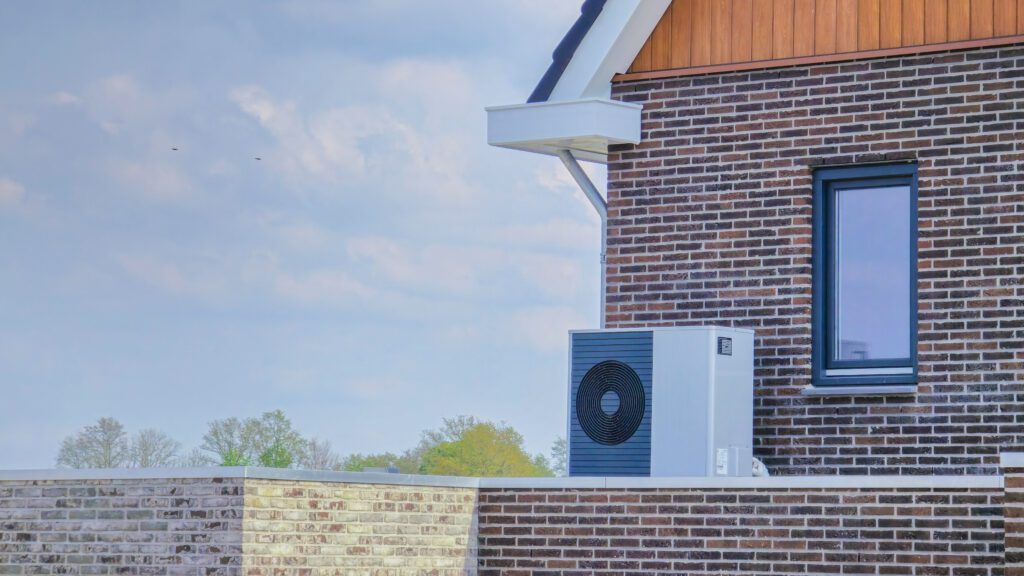
If you are looking for more advanced solutions to further minimize HVAC noise, consider the following options:
Soundproofing Your HVAC System
Soundproofing techniques, such as acoustic panels and vibration isolators, can be used to create barriers against noise propagation. By installing these materials around your HVAC system, you can significantly reduce noise transfer to adjacent spaces.
Acoustic panels are designed to absorb sound waves, preventing them from bouncing off walls and ceilings and creating echoes. They come in various sizes and thicknesses to address different levels of noise. Vibration isolators, on the other hand, are used to reduce the transmission of vibration from the HVAC system to the building structure, minimizing noise caused by mechanical vibrations.
Investing in Low-Noise HVAC Models
When replacing or upgrading your HVAC system, consider investing in low-noise models. These systems are specifically designed to operate quietly and efficiently. Look for models with advanced noise reduction features and technologies, such as variable-speed fans and insulated cabinets.
Variable-speed fans allow the HVAC system to adjust its speed based on the heating or cooling demands, reducing noise levels during low-demand periods. Insulated cabinets help contain the noise produced by the system’s components, ensuring that the sound is muffled before it reaches the surrounding environment. By choosing a low-noise HVAC model, you can enjoy a more peaceful indoor environment without compromising on comfort or efficiency.
Hiring Professionals for Noise Reduction
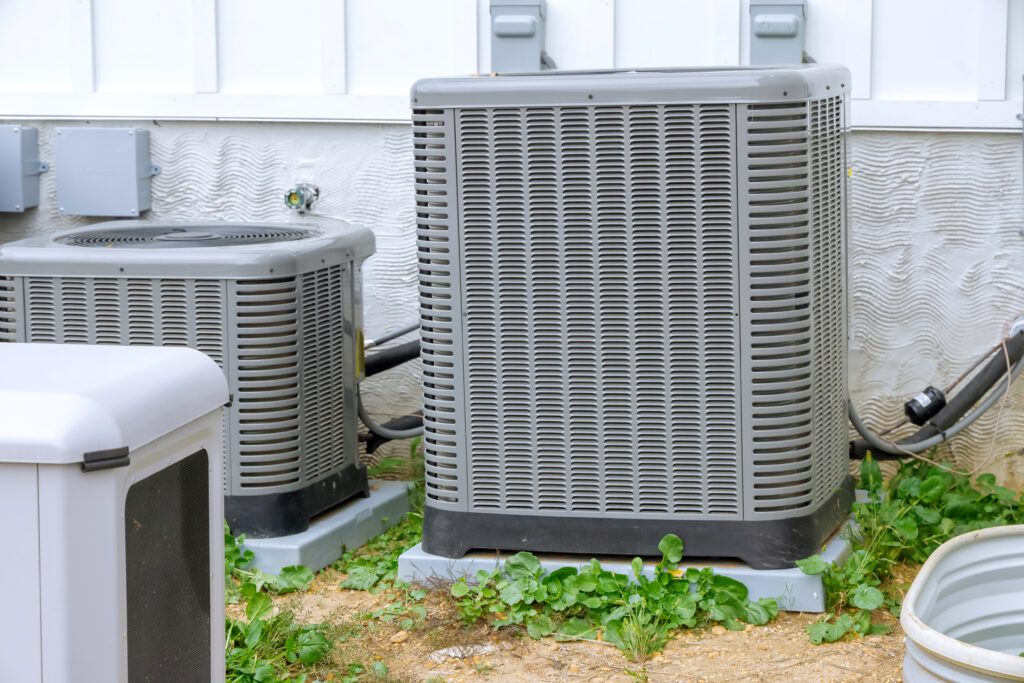
While many noise reduction techniques can be implemented on your own, there are instances where professional help may be necessary.
When to Call an HVAC Professional
If you are unable to identify the source of the noise or if you have tried various DIY solutions without success, it’s time to call in the experts. HVAC professionals have the knowledge, experience, and specialized equipment to diagnose and address complex noise issues effectively.
Furthermore, HVAC professionals are trained to understand the intricacies of heating, ventilation, and air conditioning systems, allowing them to pinpoint specific sources of noise that may not be obvious to the untrained eye. Their expertise in troubleshooting and problem-solving ensures that the root cause of the noise is identified and effectively addressed, providing long-lasting solutions for a quieter indoor environment.
What to Expect from a Professional Noise Reduction Service
When you hire a professional noise reduction service, they will conduct a thorough assessment of your HVAC system to identify noise sources. Based on their findings, they will develop a customized plan to resolve the noise issues. This may involve repairing or replacing components, reinforcing insulation, or implementing advanced noise reduction techniques.
Moreover, professional noise reduction services often utilize cutting-edge technology and tools to analyze sound frequencies, measure decibel levels, and implement targeted solutions for optimal noise reduction. By leveraging their expertise and resources, these professionals can offer comprehensive noise mitigation strategies that go beyond simple fixes, ensuring a significant improvement in overall indoor acoustics.
In conclusion, HVAC noise can be a major disruption in your daily life. By understanding the basics of HVAC noise, addressing key components contributing to noise production, implementing practical noise reduction techniques, considering advanced solutions, and seeking professional help when necessary, you can effectively reduce HVAC noise and create a quieter and more comfortable living environment.

